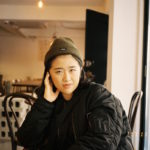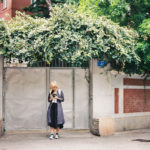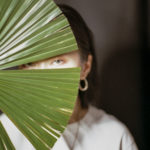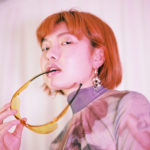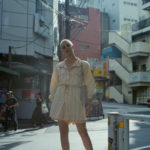I came across Pu's work on Instagram and was immediately captivated with the way in…
Rasiki
Girl Gaze Tokyo27 February 2019
For this month's #GirlGaze Tokyo, I met up with Rasiki; a Chinese-born photographer who became the recipient of The Editor’s Photo Award ZOOMS Japan 2018.
Can you introduce yourself to our readers?
Rasiki: Hello, my name is Rasiki. I’m a foreign student from China currently studying in Tokyo. Throughout the years, I have changed from a financially unstable foreign student to a photographer who recently got invited to exhibit in Paris Expo Porte de Versailles. The journey is still very long but I will continue on as a photographer.
How long have you been in Japan? What brought you here?
Rasiki: It’s my fifth year in Japan. Originally, Japan’s photography had lured me here. I aspired to be a photographer before coming to Tokyo, and now, here I am as a photographer.

How did you start taking photographs? Has your intentions around photography shifted?
Rasiki: My first experience of taking photos was when I was a dance major in junior year of high school. I have always been a tomboy, so when I grew up, I started to take photos to seem cool. My goal in taking photos has changed a lot. I was only aiming to take ‘pretty’ photos from the beginning. Nowadays, I portray a story through my work. I know for sure that my purpose of photography will progress in days to come and it will only get more interesting.
What specific part of photography do you find the most fascinating?
Rasiki: That sense of accomplishment when the photographs are finished. Digital camera-wise, it’s the final [moment] after retouching photographs. Analogue-wise, it’s when the films are developing. I always capture some unexpected shots at every photo shoot, and this unforeseen surprise excites me and motivates me to photograph more and more. Another aspect that fascinates me is that I was able to show the story behind the subjects and even myself.
What are some of your own principles in regards to photography?
Rasiki: Learning other people’s great work is okay, but plagiarism is unacceptable.

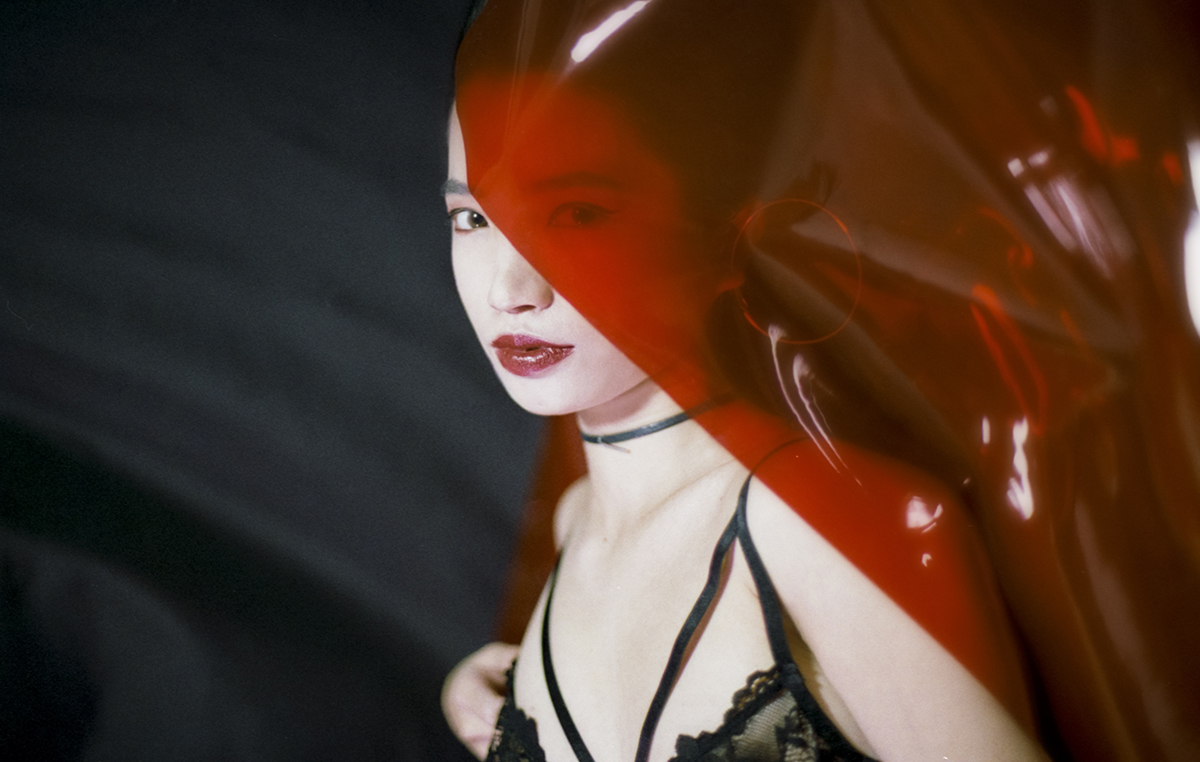
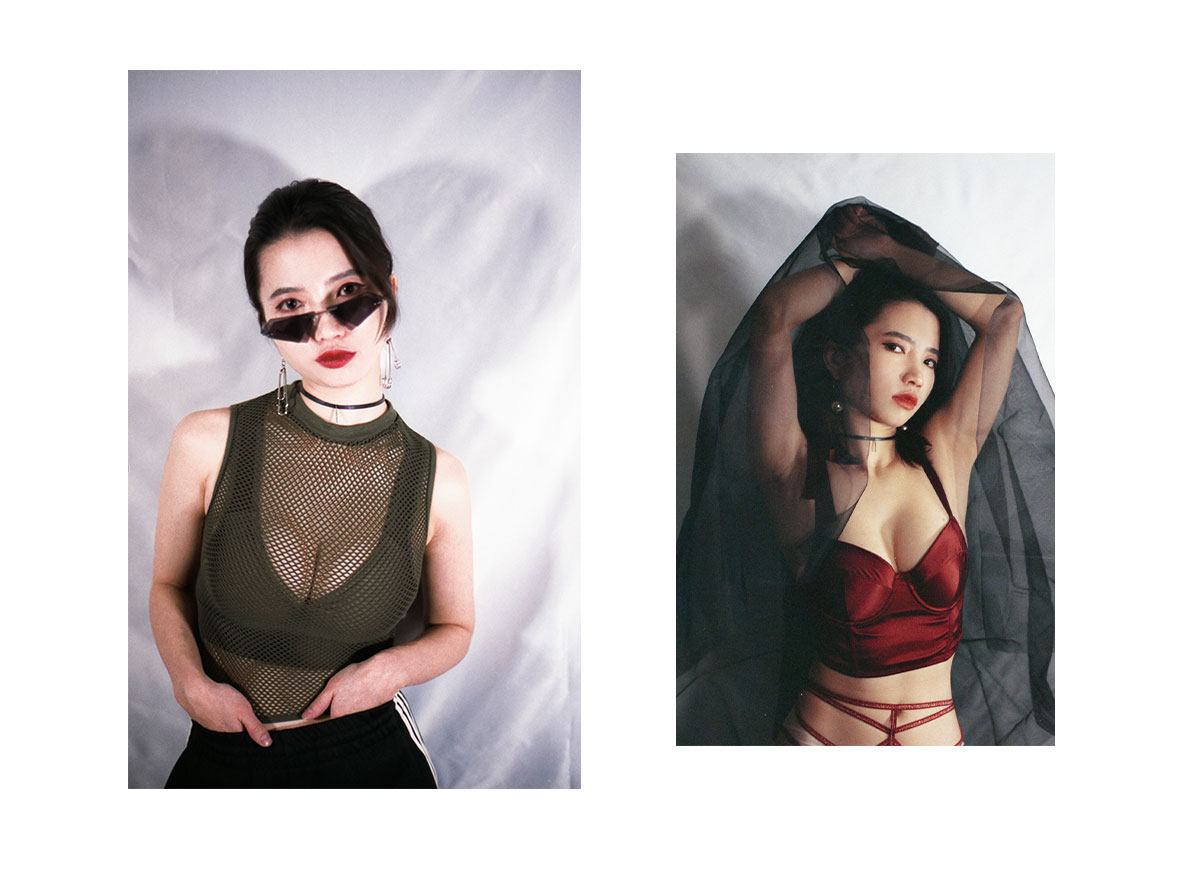
In your opinion, what is the most interesting object to capture? What is the most difficult one?
Rasiki: It will always be a woman’s body. Regardless of age, all women’s figures are beautiful to me. The most challenging point of portrait photography is definitely to capture the subject’s inner side through a single shot. Street photography is the perfect chance to capture the moment because that specific moment cannot reoccur exactly how it did. I’ve missed many perfect moments before.
What is the first aspect you notice when you see a photograph? And how do you form the conclusion that one particular shot is a good photograph?
Rasiki: With portrait photography, I notice the subject’s eyes first. With street photography, I pay attention to whether the photo has a distinct narrative or not. A good photograph, to me, is that it is able to resonate emotionally among viewers through its colour, composition, and every element.
What do you try to convey through your photographs to the viewer?
Rasiki: The anecdote and narrative behind my work, as well as people’s inner side.
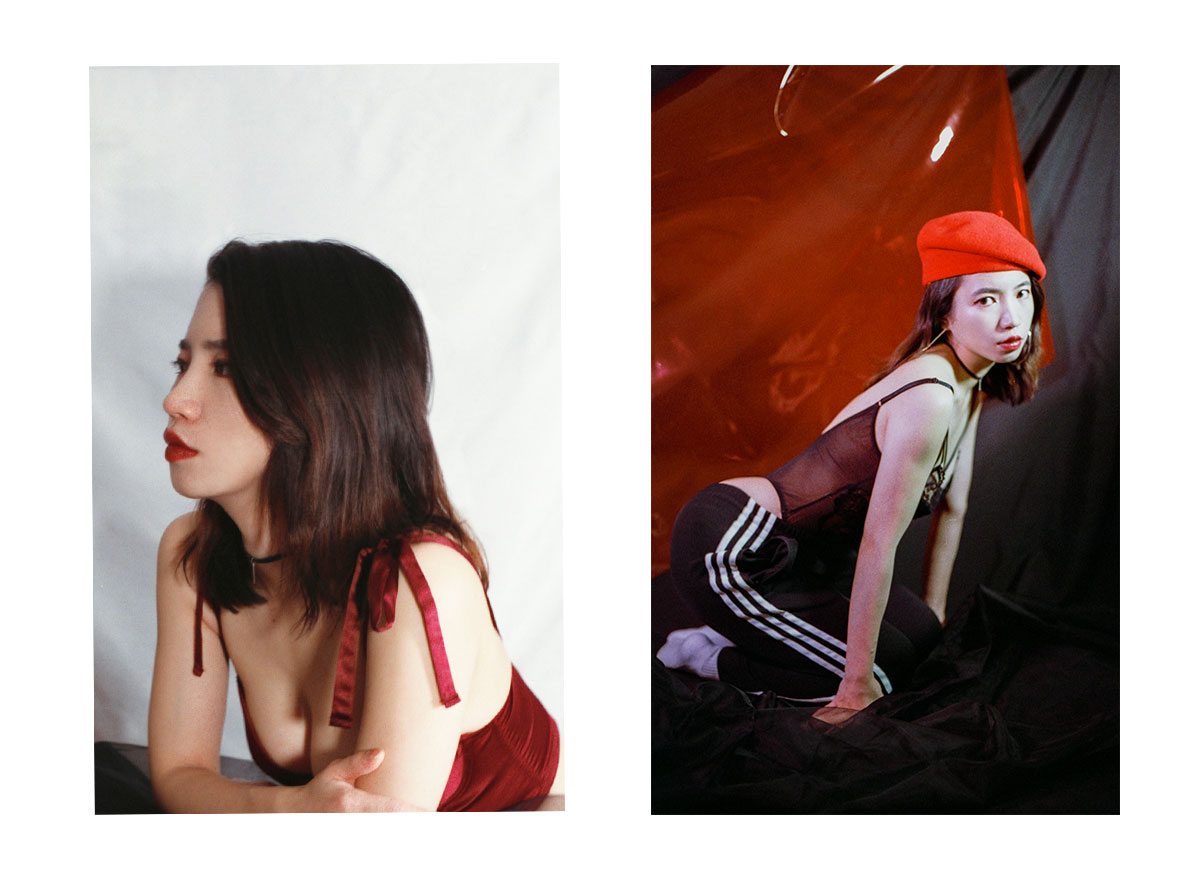
I know that 2018 has been your busiest year yet as you travelled to numerous places. Through your lens, what are some distinct differences between Tokyo and other cities?
Rasiki: After travelling to so many countries, I feel like Japan is the most outstanding, most contradictory country of all. Japanese culture slightly resembles French culture in some ways. For instance, French culture is just like their national motto: Liberté, égalité, fraternité (Liberty, Equality, Fraternity) where they encourage variety and difference.
On the other hand, Japanese culture consists of multiplicity; incorporating western traits and preserving Japanese cultural characteristics. At the same time, there are apparent influences of Chinese culture within Japan. You can easily see the impact. This hybrid of multi-cultures within Japan has certainly formed its own unique culture. As a result, Japanese culture is full of discord. It’s one of a kind and entices foreigners with its complexity and mystique.
–
Photography by Pu, exclusively for YEOJA Mag. Be sure to follow Rasiki on Instagram. In case you missed it, check out our previous Girl Gaze Tokyo with Nana.




